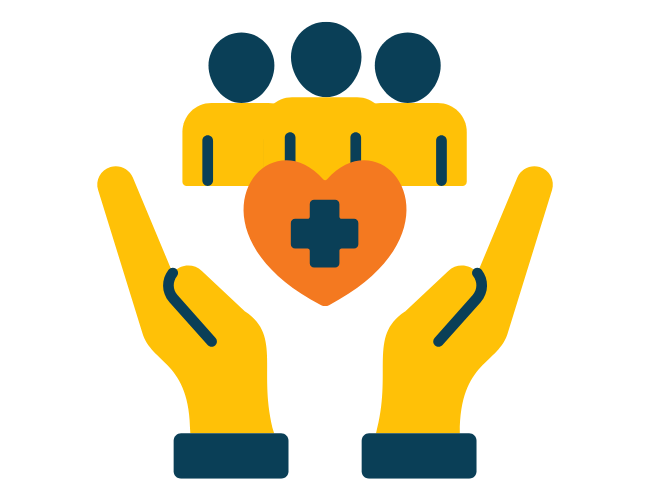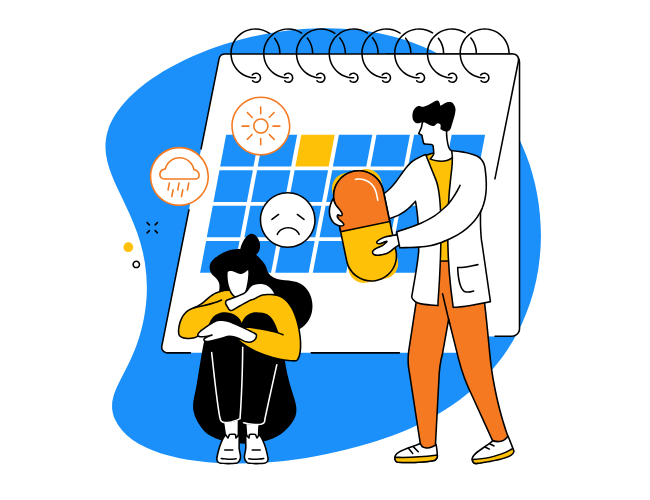To address the escalating stress, anxiety, and mood challenges faced by employees, organizations are exploring the use of AI-driven wellness chatbots for support. These digital tools mirror therapist-like interactions and offer tailored mental well-being guidance, offering an efficient and inclusive supplement to employee mental health initiatives.
Pressed for time? Here’s a quick summary…
- Chatbot adoption: About a third of US employers offer a robot therapist, an accessible and cost-effective alternative to traditional mental health counseling.
- Chatbot advantages: Chatbots offer 24/7 support, customizability, and anonymity at a scalable, budget-friendly price point, bridging accessibility gaps and reducing the stigma associated with seeking mental health support.
- Chatbot challenges: Concerns exist around the long-term effectiveness of chatbots, privacy risks from varying security measures, and the need for cultural sensitivity in their programming.
- Balanced approach: A well-rounded mental health strategy integrates chatbots for their immediacy and accessibility, supplementing rather than replacing professional therapy or counseling.
Rise Of Wellness Chatbots
AI-driven chatbots are becoming an increasingly popular component of employee benefits packages, aiming to fill a critical gap in mental health support. About a third of US employers currently provide ‘digital therapeutics’ (DTx) and an additional 15% are considering adding such a solution in 2024 or 2025.
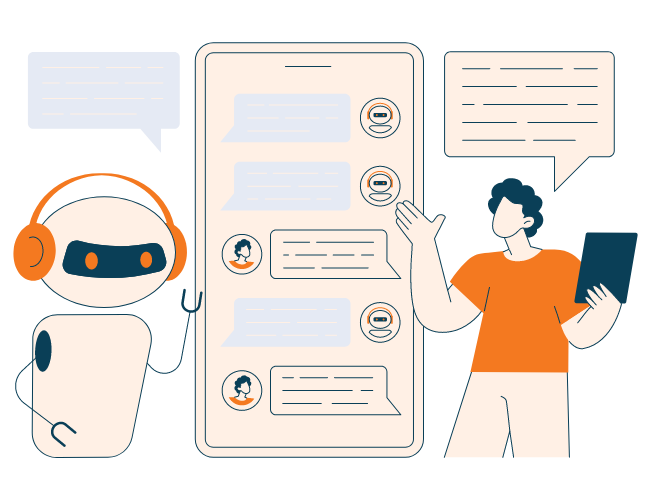
Traditional therapy, while beneficial, often faces challenges like high costs and limited availability. This is exacerbated by a growing demand for counselors outpacing the supply of mental health providers. Chatbots, in contrast, are affordable alternatives with 24/7 availability, making support reachable to a wider audience.
Amazon’s recent adoption of Twill, a wellness chatbot, into its employee benefit FamilyFlex Program demonstrates how organizations are successfully supplementing their wellness strategies with digital health tools. Twill tracks employees’ moods and creates personalized mental health plans, featuring games and activities, along with access to live chats with human coaches. This readily available, user-friendly mental health support can be easily integrated into employees’ daily routines, improving well-being and morale.
Advantages & Challenges
Wellness Chatbot Advantages
Wellness chatbots offer various benefits, from increased accessibility to tailored support, making them a practical and effective addition to employee benefits packages.
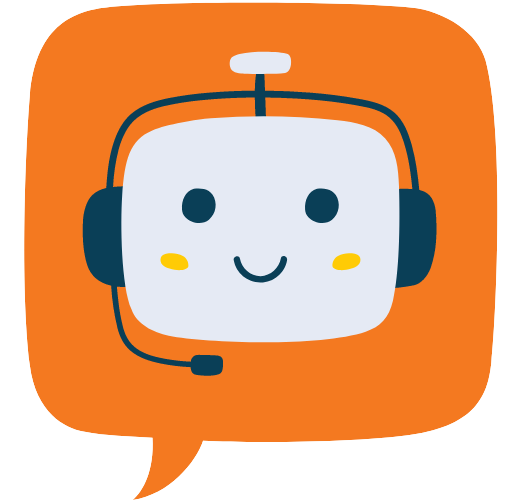
- Accessibility: Chatbots provide immediate, 24/7 mental health support. This is especially useful for organizations with global or remote teams, where traditional support systems may not be readily accessible.
- Cost-effectiveness: Chatbots are a budget-friendly alternative to traditional therapy, reducing healthcare expenses for employers while providing essential mental health support to employees.
- Early intervention: Chatbots, with their immediate response capability, can identify and address potential mental health concerns before they escalate into more serious conditions.
- Anonymity: Many employees may hesitate to seek help due to judgment or privacy concerns. Chatbots provide anonymity, helping employees feel more comfortable accessing mental health resources.
- Customized support: While they may not match the customization a human therapist can provide, chatbots use algorithms to tailor advice based on user interactions and inputs. This level of personalization, though more generalized, can still be effective in addressing common mental health challenges. They can also be trained on the organization’s available benefits and guide employees to relevant resources, maximizing benefits utilization.
- Data-driven insights: Employers can collect anonymized data to understand the mental wellness trends within their workforce. This data can help shape future mental health initiatives and policies.
- Stigma reduction: Incorporating digital mental wellness tools into the workplace can help reduce the stigma associated with seeking mental health support.
- Ease of integration: Chatbots can be integrated into existing employee benefits or wellness platforms, ensuring a seamless user experience and promoting higher utilization rates.
- Scalability: Chatbots can cater to large groups of employees, offering a scalable solution that traditional therapy may struggle to match. This ensures all employees have access to mental health support, regardless of the organization’s size.
Wellness Chatbot Challenges & Criticisms
While wellness chatbots offer advantages, they also present challenges that must be considered for a cautious and well-informed approach to their integration into mental health strategies.
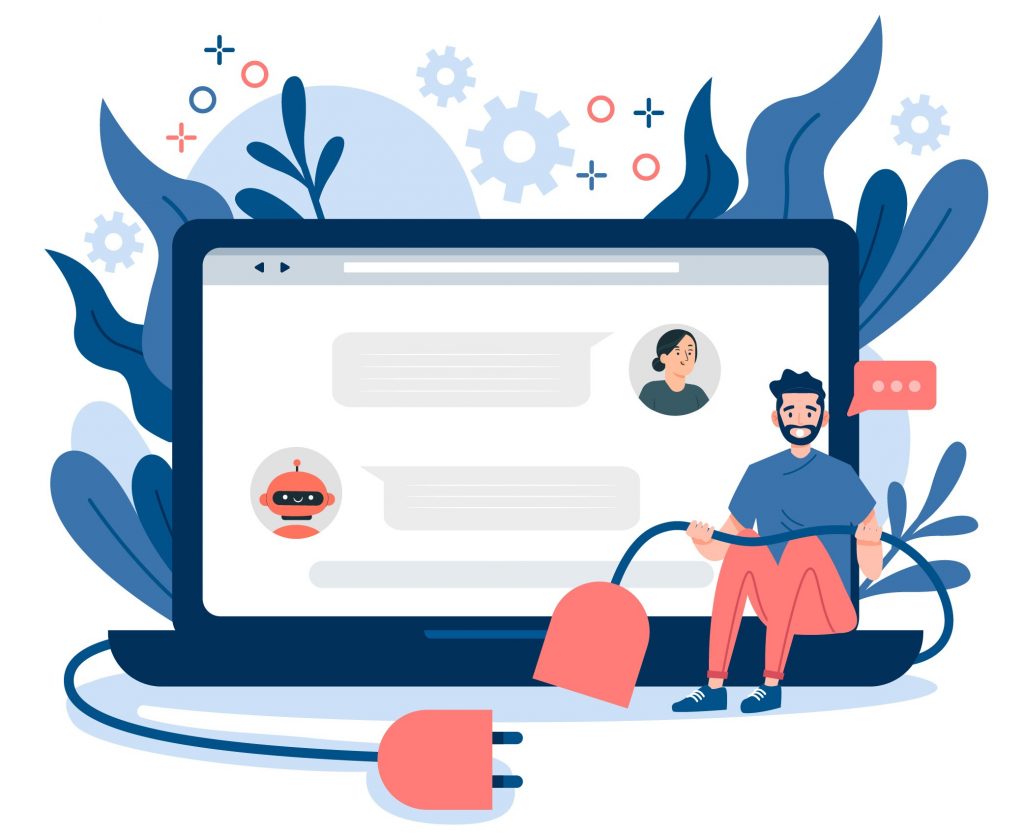
- Insufficient evidence: Some researchers are skeptical about the effectiveness of wellness chatbots due to a lack of extensive data on their long-term impact on mental health outcomes, calling for further research.
- Privacy concerns: While many chatbots provide anonymity and privacy, there are concerns regarding the consistency of security measures. Different chatbots may have varying levels of data protection and privacy protocols, which could pose a risk of personal information being leaked or sold.
- Cultural sensitivity and inclusivity: Chatbots must be trained on inclusive and culturally sensitive data for the provided support to be relevant and respectful of various backgrounds.
Balanced Approach To Mental Health Support

According to Wellable’s 2024 Employee Wellness Industry Trends report, mental health is the most heavily invested area of all wellness solutions for the fifth consecutive year. Additionally, the report highlights pricing, flexibility, and customizability as the top criteria for companies when selecting wellness benefits vendors. Wellness chatbots align with these priorities, addressing the continued need for mental health support and offering accessibility and customization at a scalable price point.
However, it’s important to recognize that chatbots should complement other support systems rather than replace them. While they can bridge accessibility gaps in care and offer initial guidance, professional therapy or counseling remains essential for in-depth support. A well-rounded mental health strategy combines the immediacy and accessibility of chatbots with the depth of professional care.





